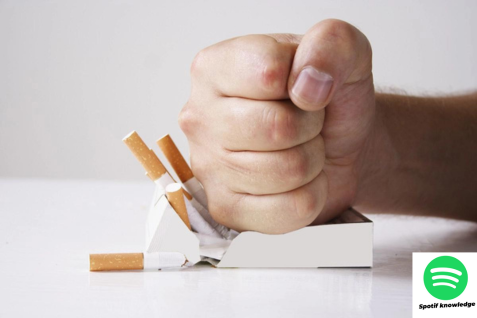Art and creativity play a significant role in addiction recovery, offering therapeutic benefits that support emotional healing, self-expression, and personal growth. Engaging in creative activities can provide a constructive outlet for emotions, enhance mental well-being, and foster a sense of purpose and accomplishment. Understanding the impact of art and creativity on recovery can help individuals incorporate these practices into their addiction treatment plans and overall recovery journey.
The Therapeutic Benefits of Art in Recovery
Art therapy and creative activities offer numerous benefits that support addiction recovery:
- Addiction often involves suppressed emotions and unresolved trauma. Art provides a non-verbal outlet for expressing these feelings, allowing individuals to explore and process their emotions safely and constructively.
- Engaging in creative activities can reduce stress and promote relaxation. The process of creating art can be meditative, helping individuals to focus their minds and alleviate anxiety.
- Art encourages introspection and self-discovery. By reflecting on their creations, individuals can gain insights into their thoughts, behaviors, and emotional states, which is crucial for personal growth and recovery.
- Completing an art project provides a sense of accomplishment and boosts self-esteem. This positive reinforcement is essential for individuals in recovery who may struggle with feelings of inadequacy and low self-worth.
Types of Art Therapy and Creative Activities
Various forms of art therapy and creative activities can be integrated into addiction recovery programs:
- Drawing, painting, sculpture, and collage are common forms of visual art therapy. These activities allow individuals to express themselves through colors, shapes, and textures.
- Music therapy involves listening to, creating, or performing music. It can help individuals process emotions, improve mood, and foster a sense of connection with others.
- This form of therapy uses body movement to promote physical and emotional healing. Dance and movement therapy can help individuals release tension, improve body awareness, and express themselves creatively.
- Writing, whether through journaling, poetry, or storytelling, provides a way to articulate thoughts and feelings. It can be particularly helpful for individuals who find it difficult to express themselves verbally.
- Drama therapy involves acting out scenarios or roles to explore personal experiences and emotions. It can be a powerful tool for understanding relationships and practicing new behaviors.
Incorporating Art and Creativity into Recovery Programs
Integrating art and creativity into addiction recovery programs can enhance the therapeutic process and provide additional support for individuals on their recovery journey:
Structured Art Therapy Sessions
Art therapy sessions should be led by trained art therapists who can provide guidance and support. These professionals help individuals use art as a therapeutic tool and facilitate discussions about their creations.
Offering both group and individual art therapy sessions allows for diverse experiences. Group sessions provide peer support and shared experiences, while individual sessions offer personalized attention.
Creative Workshops and Activities
Providing access to art supplies and a creative space allows individuals to engage in artistic activities at their own pace. Open studio time encourages spontaneous creativity and self-directed exploration.
Structured workshops and classes on various art forms can introduce individuals to new creative outlets. These sessions can include painting, pottery, music, dance, and writing.
Integration with Other Therapies
Art and creativity can complement traditional therapies such as cognitive-behavioral therapy (CBT) and group counseling. Integrating creative activities with these therapies enhances the overall treatment experience.
A holistic approach to addiction recovery considers the mind, body, and spirit. Many top facilities, like a Hollywood Hills rehab center, embrace this integrative approach by offering creative therapies as part of their commitment to personalized and holistic healing. Incorporating art and creativity supports this comprehensive view, promoting overall well-being.
Encouraging Personal Projects
Encouraging individuals to take on personal art projects allows them to explore their interests and passions. These projects provide a sense of ownership and can be deeply therapeutic.
Setting goals for creative projects fosters a sense of purpose and direction. Achieving these goals boosts confidence and reinforces the value of persistence and effort.
Art and creativity play a crucial role in addiction recovery, offering therapeutic benefits that support emotional healing, self-expression, and personal growth.

